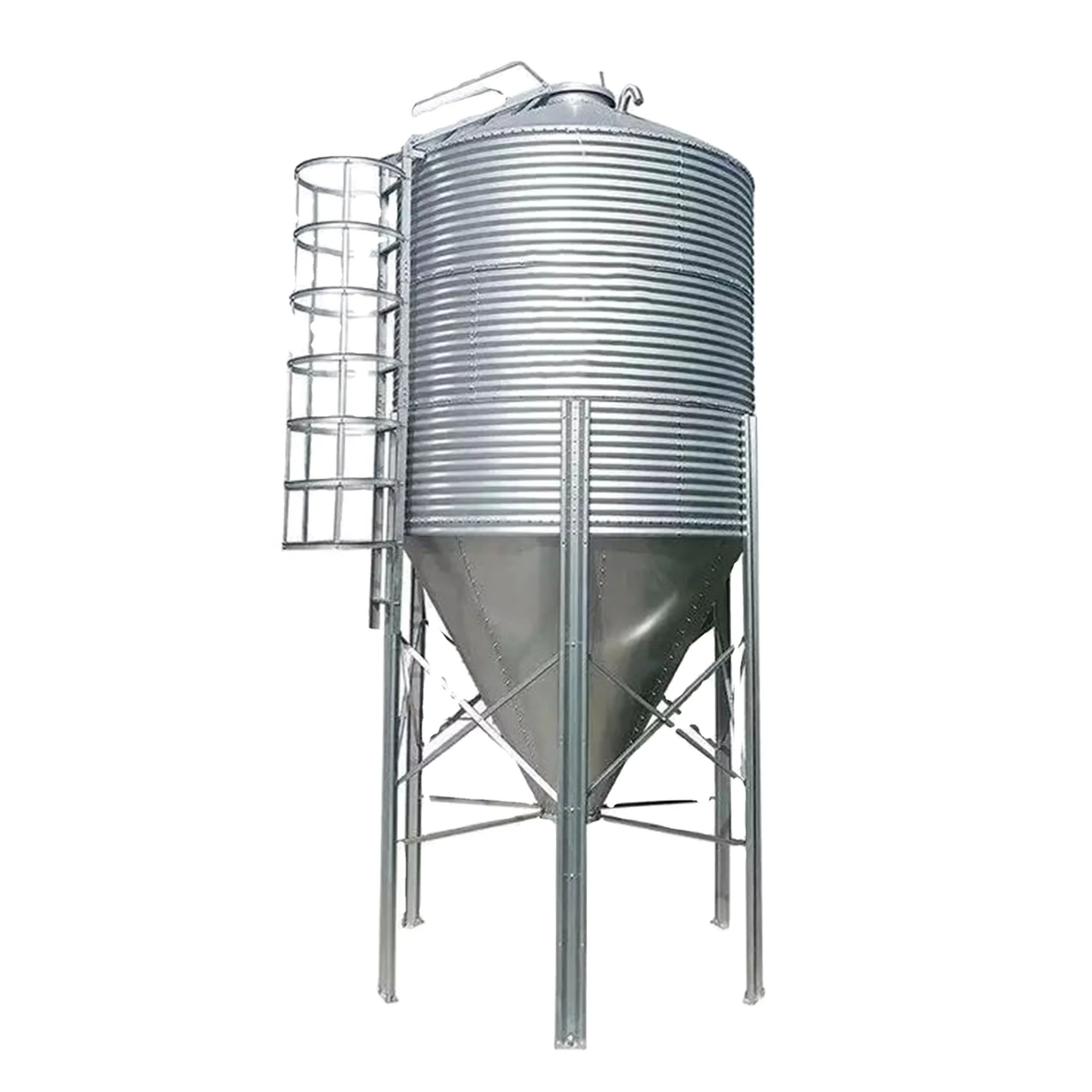animal feed mixers
Nov . 04, 2024 11:45 Back to list
animal feed mixers
Understanding Animal Feed Mixers A Key Component in Livestock Management
In the world of animal husbandry, ensuring optimal nutrition for livestock is crucial for their health and productivity. One essential tool that facilitates this process is the animal feed mixer. These machines play a vital role in the preparation of balanced diets for various types of animals, including cattle, pigs, poultry, and sheep.
Animal feed mixers are designed to combine different feed ingredients uniformly, ensuring that every animal receives a consistent and nutritious blend. The mixing process is critical because uneven distribution of nutrients can lead to deficiencies or excesses, affecting the overall health and growth of the animals. A well-mixed feed can enhance feed intake and improve digestibility, leading to better growth rates and overall productivity.
There are various types of animal feed mixers available on the market, each designed to cater to specific needs. Some of the most common types include horizontal mixers, vertical mixers, and portable mixers. Horizontal mixers are typically used for larger operations and can process substantial quantities of feed quickly. They utilize horizontal augers to mix ingredients thoroughly, providing an efficient solution for large-scale production.
animal feed mixers

Vertical mixers, on the other hand, are beneficial for small to medium-sized operations. They feature a vertical design that uses a single or double screw system to blend the ingredients. Vertical mixers are compact and efficient, making them ideal for farms with limited space. Portable mixers have gained popularity due to their versatility and mobility. Farmers can easily move them from one location to another, allowing for on-site mixing of fresh feed.
The choice of an animal feed mixer often depends on the scale of the operation and the specific dietary requirements of the livestock. Moreover, advancements in technology have led to the development of automated mixers that can ensure consistency and precision in the mixing process. These systems can be programmed to create specific feed formulations, allowing farmers to optimize their feeding strategies and manage their resources more effectively.
In addition to improving animal health, using a quality feed mixer can also contribute to cost savings. By allowing farmers to mix their own feed, they can take advantage of bulk purchasing and reduce wastage. Customized feed formulations can also lead to better conversion rates, turning feed into meat or milk more efficiently.
In conclusion, animal feed mixers are indispensable tools in modern livestock management. They not only ensure the nutritional quality of animal diets but also promote efficiency and cost-effectiveness in feed production. As the industry continues to evolve, investing in a reliable feed mixer can be a game-changer for farmers aiming to enhance their livestock operations.
-
Hot Sale 24 & 18 Door Rabbit Cages - Premium Breeding Solutions
NewsJul.25,2025
-
Automatic Feeding Line System Pan Feeder Nipple Drinker - Anping County Yize Metal Products Co., Ltd.
NewsJul.21,2025
-
Automatic Feeding Line System Pan Feeder Nipple Drinker - Anping County Yize Metal Products Co., Ltd.
NewsJul.21,2025
-
Automatic Feeding Line System - Anping Yize | Precision & Nipple
NewsJul.21,2025
-
Automatic Feeding Line System - Anping Yize | Precision & Nipple
NewsJul.21,2025
-
Automatic Feeding Line System-Anping County Yize Metal Products Co., Ltd.|Efficient Feed Distribution&Customized Animal Farming Solutions
NewsJul.21,2025






